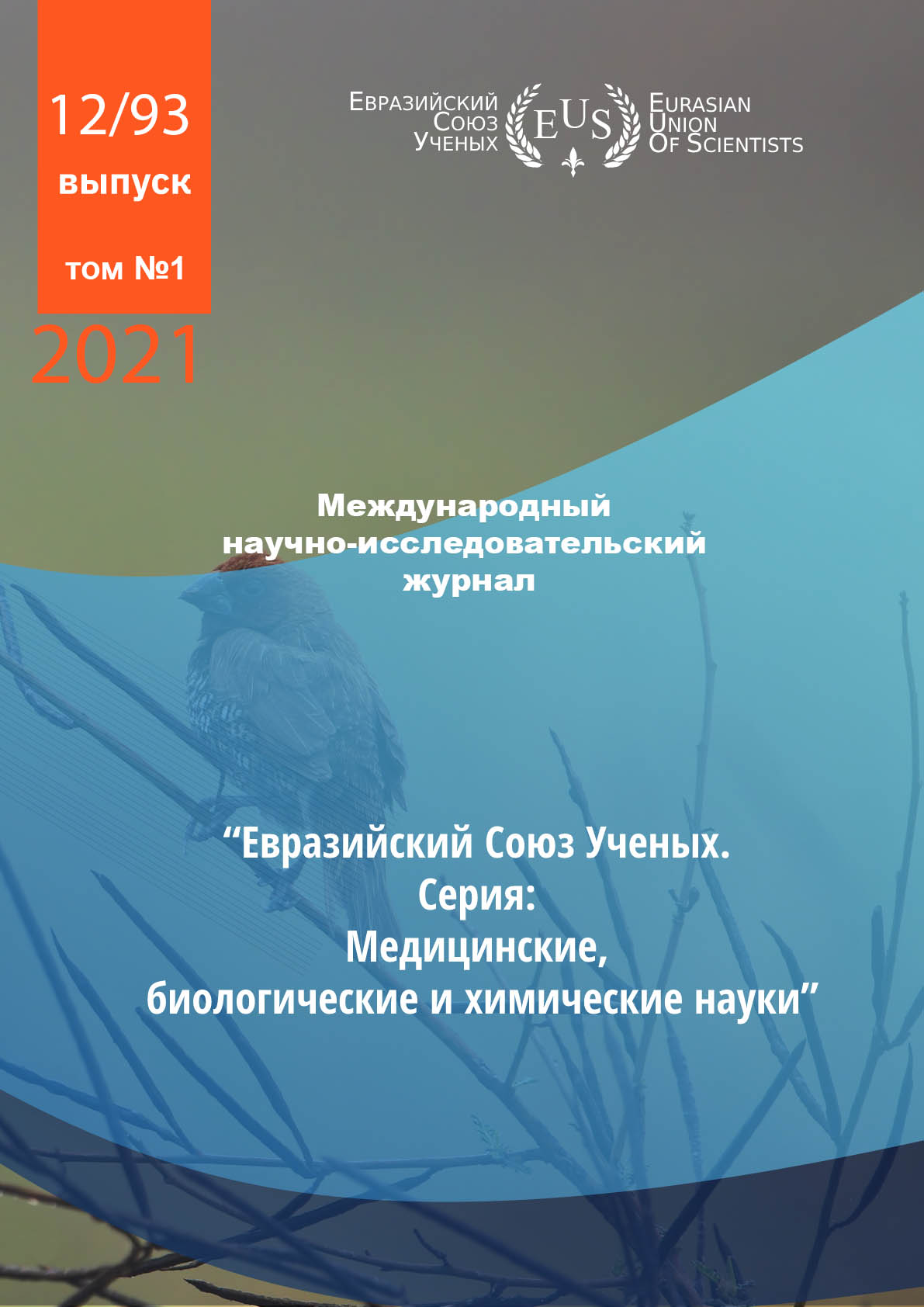IMPLEMENTATION OF THE PRINCIPLE OF ADVERSARIAL PARTIES IN THE APPOINTMENT OF CRIMINAL PROCEEDINGS AT THE PRETRIAL STAGES
Abstract
This article discusses the principle of adversarial parties in the aspect of its implementation by the subjects of criminal proceedings in the implementation of goals and objectives set by the legislator priority for criminal proceedings. The discussion on goal–setting in criminal proceedings, its significance for individual elements of competition and, in general, for criminal procedural activity is also analyzed.
References
2.Ugolovno-processual'nyj kodeks Rossijskoj Federacii ot 18 dekabrja 2001 goda № 174-FZ (prinjat Gos. Dumoj Federal'nogo Sobranija 18 dekabrja 2001 g.) (red. ot 27 dekabrja 2019 g.) // sprav.-pravovaja sistema «Konsul'tant-Pljus». VersijaProf. – [M., 2019]. –Jelektron.tekst. dan.
3.Ugolovno-processual'nyj kodeks Respubliki Armenija ot 1 sentjabrja 1998 g. № 3R-248. URL: http://www.parliament.am/legislation.php?sel=show&ID=1450&lang=rus. 5
4.Ugolovno-processual'nyj kodeks Respubliki Belarus' ot 16 ijulja 1999 g. № 295-Z.
URL: http://www.base.spinform.ru/show_doc.fwx?rgn=2002.6
5. Ugolovno-processual'nyj kodeks Respubliki Kazahstan : s izm. i dop. po sost. na 7 nojabrja 2014 g. URL: http://online.zakon.kz/document/?doc_id=31575852#sub_id=10000.7
6.Postanovlenie ESPCh «Sibgatullin protiv Rossii» ot 23 aprelja 2009 g. po zhalobe № 32165/02 na kassacionnoe rassmotrenie ot 29 ijunja 2006 g. [Jelektronnyj resurs]: https://hudoc.echr.coe.int/rus/?i=001-92316.
7.Konvencija o zashhite prav cheloveka i osnovnyh svobod (ETS № 5) (Zakljuchena v g. Rime 04.11.1950) (red. ot 13.05.2004)// http://www.consultant.ru/.
8.Kodeks povedenija dolzhnostnyh lic po podderzhaniju pravoporjadka (Prinjat 17.12.1979 Rezoljuciej 34169 na 106-om plenarnom zasedanii General'noj Assamblei OON)// http://www.consultant.ru/.
9.Asanov R.Sh. Obespechenie prav lichnosti kak funkcija sledovatelja v ugolovnom processe: diss...kand. jurid. nauk. – Ekaterinburg. – 2021. – 229 s.
10.Azarjonok N.V. Koncepcija sovershenstvovanija rossijskogo ugolovnogo processa v ramkah ego istoricheskoj formy: diss... dokt. jurid. nauk. – Ekaterinburg. – 2021. – 547 s.
11. Gavelja V. L. Celepolaganie v strukture social'noj dejatel'nosti. – Volgograd, 1998. – 280 s.
12. Derishev Ju. V. Ugolovnoe dosudebnoe proizvodstvo: koncepcija procedurnogo i funkcional'nopravovogo postroenija : dis. … d-ra jurid. nauk. – Omsk, 2005. – 436 s.
13. Koni A. F. Istorija razvitija ugolovnoprocessual'nogo zakonodatel'stva v Rossii //
Sobr. soch. : v 8 t. – M., 1967. – T. 4. – 543 s.
14. Mazjuk R. V. Institut ugolovnogo presledovanija v rossijskom ugolovnom sudoproizvodstve / R. V. Mazjuk. – M.: Jurlitinform, 2009. – 216 s.
15. Petruhin I.L. Teoreticheskie osnovy reformy ugolovnogo processa v Rossii. – M. : TK Velbi, 2005. – Ch. 2. – 192 s.
16. Popova I.P. Naznachenie ugolovnogo sudoproizvodstva i kategorija «interes» // Juridicheskij vestnik Samarskogo universiteta – 2019. – T.5, № 2. – S. 93–101.
CC BY-ND
A work licensed in this way allows the following:
1. The freedom to use and perform the work: The licensee must be allowed to make any use, private or public, of the work.
2. The freedom to study the work and apply the information: The licensee must be allowed to examine the work and to use the knowledge gained from the work in any way. The license may not, for example, restrict "reverse engineering."
2. The freedom to redistribute copies: Copies may be sold, swapped or given away for free, in the same form as the original.







